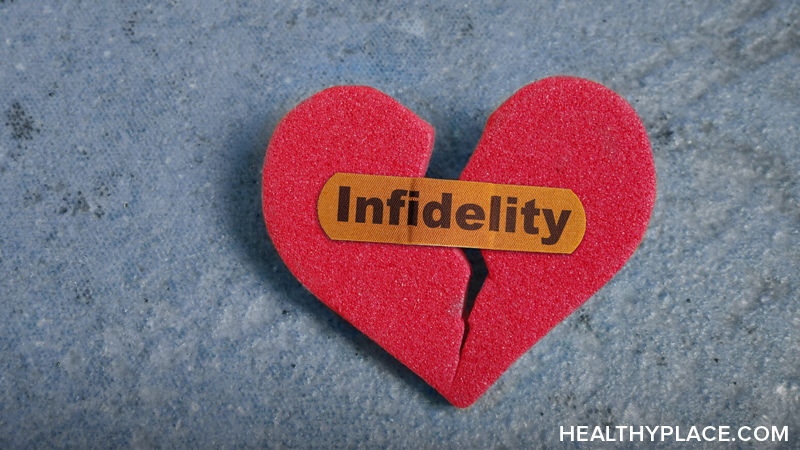Is PTSD a Disability? How To Get PTSD Disability Benefits
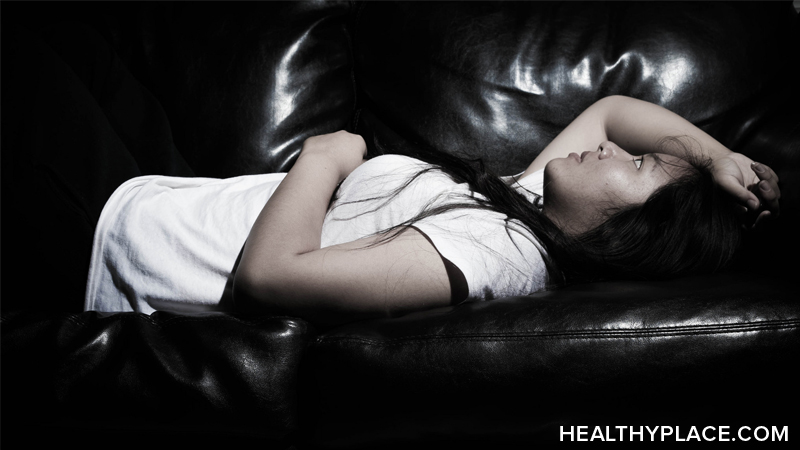
Post-traumatic stress disorder (PTSD) is an extreme stress reaction to a traumatic event that can occasionally be classified as a disability. When that happens, the person living with PTSD can qualify to get PTSD disability benefits.
PTSD Can Be a Disability
The severity of the effects of PTSD range from relatively mild—only fairly disruptive to someone’s life—to severely debilitating. When PTSD’s effects are severely disruptive, PTSD is a disability. In the Diagnostic and Statistical Manual of Mental Disorders, Fifth edition (DSM-5) the American Psychiatric Association (2013) warns that PTSD sometimes has extreme consequences regarding someone’s functioning:
- Social disability
- Occupational disability
- Physical disability
- Absenteeism from work/school
- Reduced educational and occupational success
Typically, PTSD prognosis, or expected outcome, is good. In fact, approximately half of all adults completely recover in about three months; however, some individuals live with it for a year or more, and some can live with PTSD for more than 50 years (American Psychiatric Association, 2013). When the effects of PTSD are severely life-limiting and prolonged, PTSD is a disability, and someone can receive PTSD disability benefits.
Types of PTSD Disability Benefits
The United States government operates two main disability programs:
- Supplementary Security Income program (SSI, or Social Security)
- Social Security Disability Insurance (SSDI).
Social Security provides financial assistance to people with little or no income, including people living with any mental illness, PTSD included. Having PTSD alone doesn’t qualify someone for social security, even if they can’t work. To receive SSI disability benefits for PTSD, someone must live below the poverty line and have minimal access to financial resources.
SSDI is the other federal organization that provides financial benefits. The difference between SSDI and social security is the income level and location above or below the poverty line. PTSD can qualify as a disability regardless of whether or not someone is living in poverty. People automatically earn SSDI by working long enough and paying Social Security taxes through their employment. Meeting these criteria as well as necessary PTSD disability criteria qualifies someone for disability benefits for PTSD.
General Requirements for PTSD Disability Benefits
Two paths exist to receiving disability for PTSD (Laurence, 2016):
- Meet the Social Security disability requirement, or
- Obtain a medical-vocational allowance
Social Security disability requirements:
- Experience near-extreme anxiety, or
- Experience emotional disturbance due to recurrent flashbacks, nightmares, or memories
- These experiences must interfere with daily activities, social life, or concentration
- Medical evidence provided by a doctor must include a detailed description the person’s PTSD, notation on what intensifies symptoms and how the symptoms affect his/her ability to function at home and at work, and documentation on how the person’s account of PTSD matches the doctor’s observations.
If someone doesn’t meet the full disability requirements, he/she may still obtain a medical-vocational allowance. Despite the fact that the above criteria aren’t fully met, if the person is unable to work due to the effects of PTSD such as sleep problems (and resulting fatigue), difficulty concentrating, memory problems, and more, he/she is eligible to receive PTSD benefits in the form of a medical-vocational allowance.
How to Get PTSD Disability Benefits
Help is available for people trying to secure PTSD disability benefits.
- Social workers and case managers are agents that advocate for their clients in many ways, including helping people through the PTSD benefits application process.
- Social Security offices in local communities provide assistance with the PTSD disability application process
- Socialsecuritylaw.com is an organization of dedicated disability lawyers that efficiently and quickly (as possible, anyway) help people secure disability benefits.
- Social Security Disability Advocates provides free evaluation and assistance for applying for PTSD disability.
If you prefer to complete the application process on your own, Social Security and SSDI each have websites that provide information, eligibility screening tools, instructions, and applications.
If you are a military veteran, you may qualify for PTSD VA benefits, too. Combat PTSD and military sexual trauma (MST) are two types of posttraumatic stress disability claims. These benefits are non-taxable and are not dependent on receiving Social Security or vocational-allowance benefits. Contact the National Center For PTSD for both military and civilian information.
When, despite time and treatment, the effects of PTSD don’t diminish and PTSD prevents someone from working, PTSD becomes a disability. When this happens, PTSD disability benefits can provide financial help by removing one very big stressor from someone’s plate that’s already full of trauma-induced stress.
APA Reference
Peterson, T.
(2021, December 28). Is PTSD a Disability? How To Get PTSD Disability Benefits , HealthyPlace. Retrieved
on 2025, April 30 from https://www.healthyplace.com/ptsd-and-stress-disorders/ptsd/is-ptsd-a-disability-how-to-get-ptsd-disability-benefits




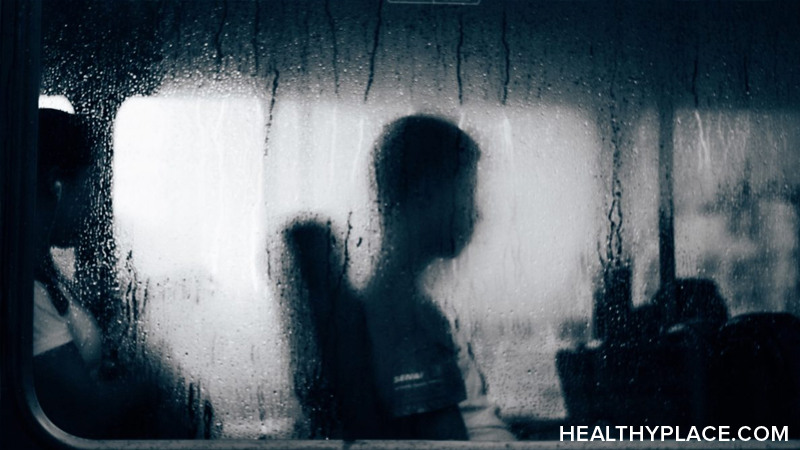
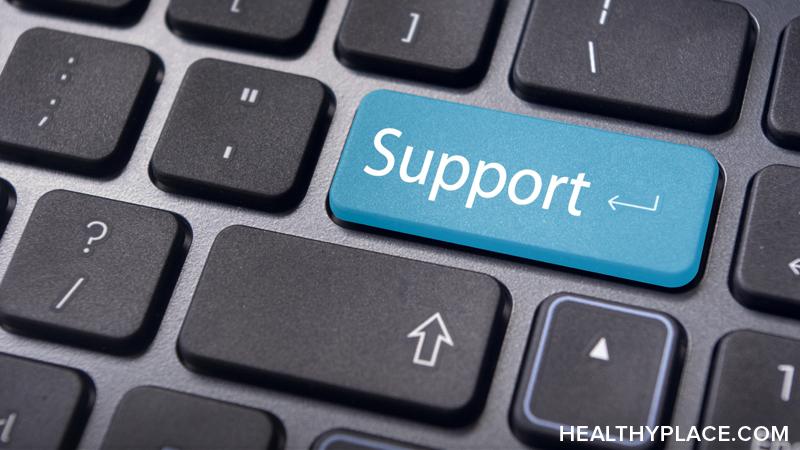
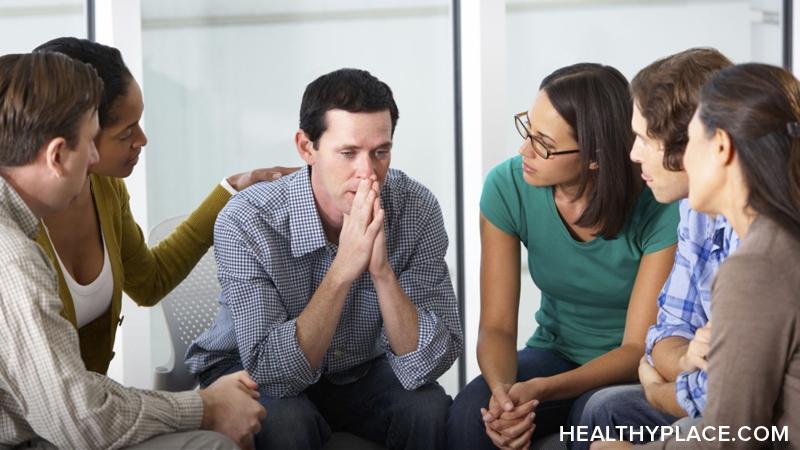 Bipolar self-help and support groups can be found in most towns in the United States and online (see here for more information on
Bipolar self-help and support groups can be found in most towns in the United States and online (see here for more information on 
